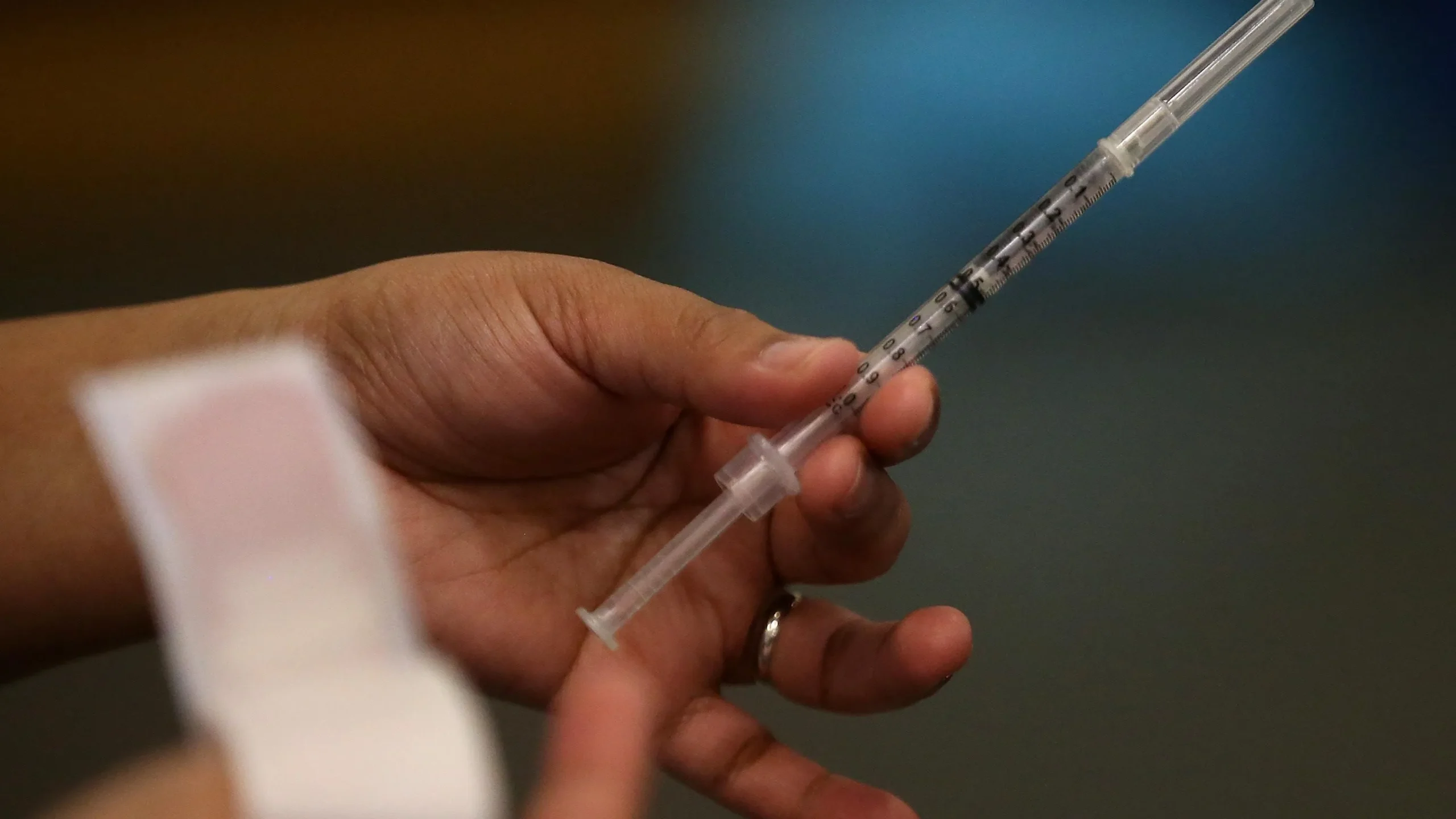
Savage: Cut the middleman out of health care
How did your country report this? Share your view in the comments.
Diverging Reports Breakdown
Savage: Cut the middleman out of health care
A Pew Research survey found 64% of U.S. adults viewed affordability of healthcare as a major problem. More than 300,000 Americans are enjoying the benefits of direct primary care (DPC) DPC is an alternative to insurance-funded, hospital-based care. It’s similar to a gym membership where patients pay a monthly fee to access physician care. The strong price transparency that characterizes the system should be emulated in other aspects of American healthcare. When healthcare is streamlined, good health and clear costs will follow, says Chad Savage, a policy fellow at the Docs 4 Patient Care Foundation, the founder of YourChoice Direct Care in Brighton and a partner of the Job Creators Network Foundation.
The Detroit News
Navigating the U.S. healthcare system is a stress inducing experience for too many Michigan residents. Anxiety around costs is a major reason, as shown by a Pew Research survey that found 64% of U.S. adults viewed affordability of healthcare as a major problem. Unsurprisingly, a later commercial survey found that “cost clarity” was a top factor.
Translation: many Americans are confused about the true cost of care.
These sentiments are a predictable consequence of a healthcare system clogged with an army of middlemen motivated by mismatched incentives. Take the constellation of insurance companies, large hospital networks, and other agents that get between a patient and their doctor or pharmacist. These entities push and pull on the price of medical treatments while exerting an unnatural influence over medical decisions.
Insurance companies, for example, impose costly administrative burdens on healthcare providers. The result is inflated prices and significant control over patient care options. The prior authorization process and rigid requirements to try certain–and often less effective — therapies by default before others, are examples of bureaucratic hoops.
Certain hospitals and pharmacies exploit federal programs intended to improve access to medicine for underserved communities. The 340B Drug Pricing Program, for example, is often used as a money printing machine at the expense of American families. Hospitals purchase drugs at steep discounts and subsequently pocket the savings instead of passing it down to patients.
Drug middlemen throw another wrench into the gears. Known as pharmacy benefit managers, these entities use their position as doorkeepers to the consumer market to conceal the true cost of medicine. The elaborate inflationary apparatus includes pocketing discounts provided by drugmakers rather than passing along the savings to patients, as well as pushing more expensive medicine over cheaper generics.
Together, it is estimated that roughly half of drug expenditures in the U.S. are absorbed by this murky middle. In theory, avoiding the spiderweb of competing interests could cut costs by as much as 50%.
In a world far apart from this complex cocktail of third-party price inflation and confusion, more than 300,000 Americans are enjoying the benefits of direct primary care (DPC), an alternative to insurance-funded, hospital-based care. It’s similar to a gym membership where patients pay a monthly fee to access physician care. The cost is typically akin to an internet bill.
DPC membership benefits cover most common healthcare needs. That includes all primary care visits, annual wellness exams, individual wellness plans, chronic disease management, certain kinds of women’s health and pediatric care, as well as testing and minor procedures. ECG scans, biopsies, and excisions are among the most common treatments.
Without middlemen, DPC practices are able to provide this wide array of services at a fraction of the cost and are able to disclose these rates to members up front. This exceptional level of price transparency also accompanies a more robust relationship between a patient and their physician, who does not have to fixate on mountains of administrative paperwork.
The direct primary care model addresses many of the concerns Michiganians express when seeking healthcare. The strong price transparency that characterizes the system should be emulated in other aspects of American healthcare. When healthcare is streamlined, good health and clear costs will follow.
Chad Savage is a policy fellow at the Docs 4 Patient Care Foundation, the founder of YourChoice Direct Care in Brighton and a partner of the Job Creators Network Foundation.
